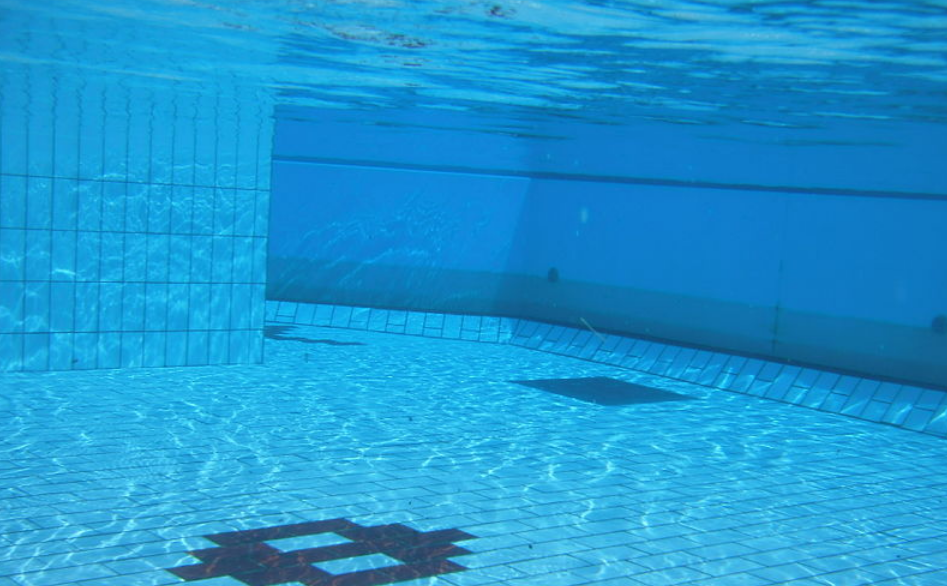Subsidies offered to offset lifeguard shortage across RDCK
The regional district is floating an idea out to try and encourage more people to join the ranks of lifeguards and fitness instructors.
In the wake of an ongoing and growing lifeguard shortage across the region, the Regional District of Central Kootenay (RDCK) is offering a subsidized training opportunity, with courses to support the continued growth and succession of lifeguards, swim instructors, fitness instructors and personal trainers.
People looking to become a lifeguard or fitness educator will receive training subsidies until the end of 2024, “to reduce the barrier of entry to become a certified fitness instructor, swim instructor or lifeguard,” noted a recent RDCK press release.
New courses are now open for registration, at rdck.ca/GetTraining to start an application.
In March, 2023, the growing shortage of lifeguards in the region resulted in the reduction of operating hours at the three indoor swimming pools the RDCK operated.
Lifeguard staff have been leaving to pursue other career paths and the pools — including Nelson, Castlegar and Creston — do not have enough trained and experienced people to operate the pools at full capacity right now, said RDCK general manager of Community Services, Joe Chirico, at the time.
“We have been playing catch-up in our succession of experienced staff, due to the interruption in training and development for future lifeguards and swim instructors,” he said. “Our goal is to get back to pre-pandemic service delivery, and without more staff, including aquatics leadership at all our pools, the hours will continue to be limited and will continue to fluctuate.”
In July 2022 Chirico said the lifeguard shortage was the reason for the closure of the outdoor Gyro Park Pool in Nelson, but he stated at the time that the real problem was going to surface later on. In fall aquatic centres normally lose lifeguards that are returning to school, Chirico said.
“Come fall we may see our aquatic hours at the NDCC drop because of the fact that we have lost that pool of lifeguards,” he predicted.
The root cause
The lifeguard shortage also has its origins in the pandemic, when pools across the RDCK were shut down and training and certification programs were put on hold.
Although the RDCK had been working in all of its aquatic centres to increase the lifeguarding pool, Chirico said, there is a lack of human resources almost across all sectors. He said the primary issue is people aging out of the workforce, and more people retiring than people entering into the workforce.
“We can’t forget that where we are really short is in experienced guards, people choosing to make it a little bit more of a career than just the student kind of a job,” Chirico said.
B.C.’s minimum wage rising to $16.75 per hour.
The RDCK pays its lifeguards starting at $24.81, which is more than $8 above minimum wage.
Right now the regional district is running lifeguard courses whether they financially break even or not, Chirico said, and treating them as training programs.
Editor’s Note: The story has been clarified to note the starting wage of the starting pay for a new lifeguard with the RDCK.
























